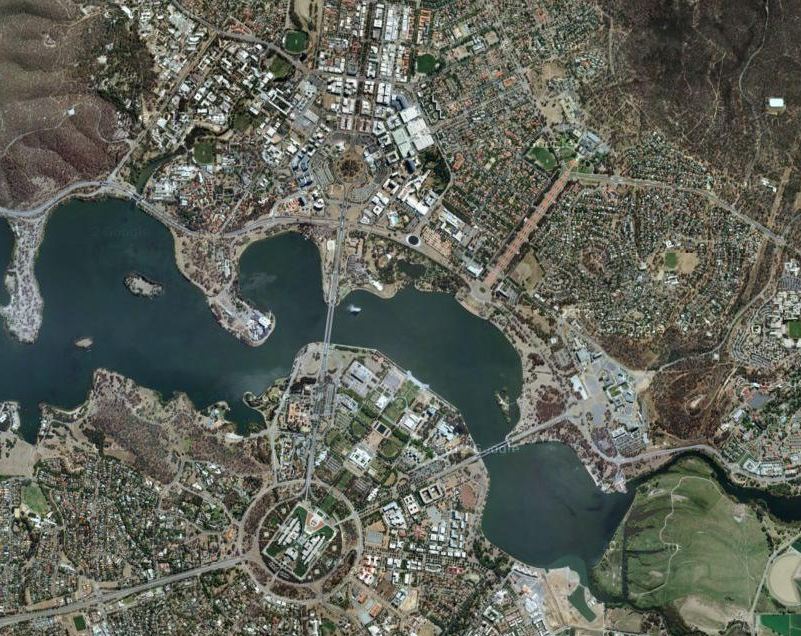Since the coup of 19 September 2006 analysis of Thai politics has gone through phases. Army politics, Thaksin politics, Yellow politics, Red politics, lèse majesté politics, border politics, protest politics, electoral politics, flood politics: you all know the drill. If you crawl through the back catalogue of New Mandala you get some appreciation for how the evolving story has been dealt with at particuar moments in time. We are, to a lesser or greater extent, captured by the zeitgeist.
And a partial détente is the spirit of the current age.
In response I have noticed some new analytical fashions beginning to emerge. These are all motivated by efforts to come to grips with what could be considered Thailand’s détente — the set of understandings that now see Prime Minister Yingluck Shinawatra working, mostly in harmony, with those who could be her most fearsome enemies. The return of Thaksin is still at stake and appetites for further conflict appear to have diminished.
Thitinan Pongsudhirak, writing in The Wall Street Journal, argues:
As Mr. Thaksin angles for a return, members of the establishment have sent conciliatory signals. Gen. Prem warmly received Ms. Yingluck at his residence late last month. And she was recently awarded one of the highest royal decorations.
On the same general theme, Pavin Chachavalpongpun makes the point that:
Initially, it was speculated that her arrival in power could further deepen the crisis because of the conflict between her brother and his enemies. Evidently it now seems that the Yingluck government is interested in making peace with the royalists for its own political survival. This has disappointed her red-shirt supporters.
The fear is that any reconciliation between the government and the palace will likely eclipse the public call for the amendment of the lèse-majesté law for the sake of freedom of expression and the protection of basic human rights.
Depending on how you understand the situation, the disappointment of some Red Shirts may herald a fresh round of factional bickering and re-configuration. Under these conditions, will more explicitly “royalist” Red Shirts, such as Yingluck, carry the day? Or do the republican sentiments catalysed in April-May 2010 still retain their potency? Will they spark an inferno that even Yingluck and Thaksin would struggle to contain? Or, put another way, can Yingluck safely navigate between “royalist” and “radical” Reds? For her, is lèse majesté simply too hot to handle?
Later in May 2012 Prime Minister Yingluck will visit Canberra. Perhaps there will be an opportunity to ask these questions while she is here. Under the prevailing détente she could hope to continue as Prime Minister for many years to come. But even with apparent understandings between Yingluck and her notional enemies we should not assume that things will run smoothly.
Détente can be dangerous.
 Facebook
Facebook  Twitter
Twitter  Soundcloud
Soundcloud  Youtube
Youtube  Rss
Rss 